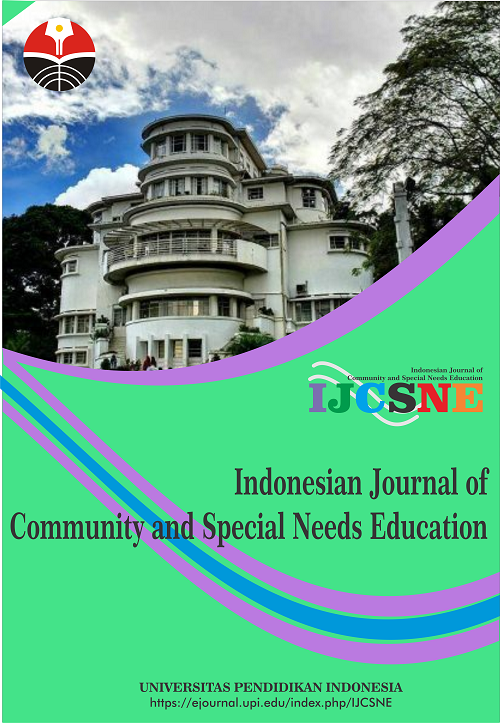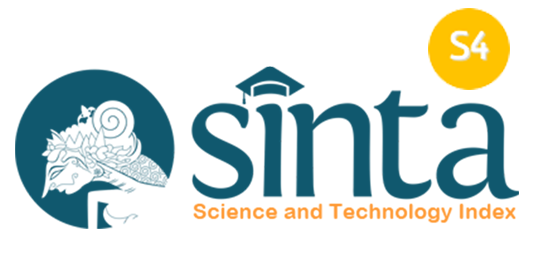Emotional Intelligence and Leadership Behavior of Secondary Schools Principals of the Division of Sultan Kudarat, The Philippines
Abstract
This study aimed to examine the effects on emotional intelligence and leadership behaviour of the school principals of the selected secondary schools in Sultan Kudarat. Meanwhile, descriptive evaluative method of research design was used to study the perceptions of the 173 faculty members and 10 principals in the schools selected who were identified through a purposive sampling technique. The adapted questionnaire is effectively used to obtain the data that were examined using mean and correlation analyses. Foremost, this study this study was conducted purposely to know the relationship of the effects on the emotional intelligence and leadership behaviour as perceived by the principals themselves as well as the faculty members of the selected lowland secondary schools in Sultan Kudarat. Furthermore, though employing descriptive evaluative design of research it sought to know the profiles of the of the respondents as basis of qualifying them as respondents. Find out the extent of the emotional intelligence and leadership behaviour. Lastly, to determine the significant difference of the emotional intelligence and leadership behaviour of the principals. After all the data were treated with appropriate statistical measures, the study revealed that most of the principals are male with an age range of 51-60 years old, married, Roman catholic and are Ilonggo. Almost all of them are Master’s Degree holders holding a positon of Principal I for 1-5 years already.
The emotional intelligence of the principals are perceived to be agree based on the perception of the teachers while strongly agree on the principals. On the leadership behaviour of the principals, it is also perceived as agree as rated by the teachers and strongly agree based on the ratings of the principals. It was found out also in this research that there is a significant relationship on the emotional intelligence and leadership behaviour that caused to reject the null hypothesis.
Keywords
Full Text:
PDFReferences
Christensen, W., Sutton, J., & McIlwain, D. J. (2016). Cognition in skilled action: Meshed control and the varieties of skill experience. Mind & Language, 31(1), 37-66.
Gartzia, L., & Baniandrés, J. (2016). Are people-oriented leaders perceived as less effective in task performance? Surprising results from two experimental studies. Journal of Business Research, 69(2), 508-516.
Maryanti, R., Nandiyanto, A. B. D., Hufad, A., & Sunardi, S. Science Education for Students with Special Needs in Indonesia: From Definition, Systematic Review, Education System, to Curriculum. Indonesian Journal of Community and Special Needs Education, 1(1), 1-8.
Putri, R. M. The Effect of Understanding Student Mental Health in Indonesia on Psychological First Aid. Indonesian Journal of Community and Special Needs Education, 1(1), 9-10.
DOI: https://doi.org/10.17509/ijcsne.v1i2.33420
Refbacks
- There are currently no refbacks.
Copyright (c) 1970 Universitas Pendidikan Indonesia

This work is licensed under a Creative Commons Attribution-ShareAlike 4.0 International License.














